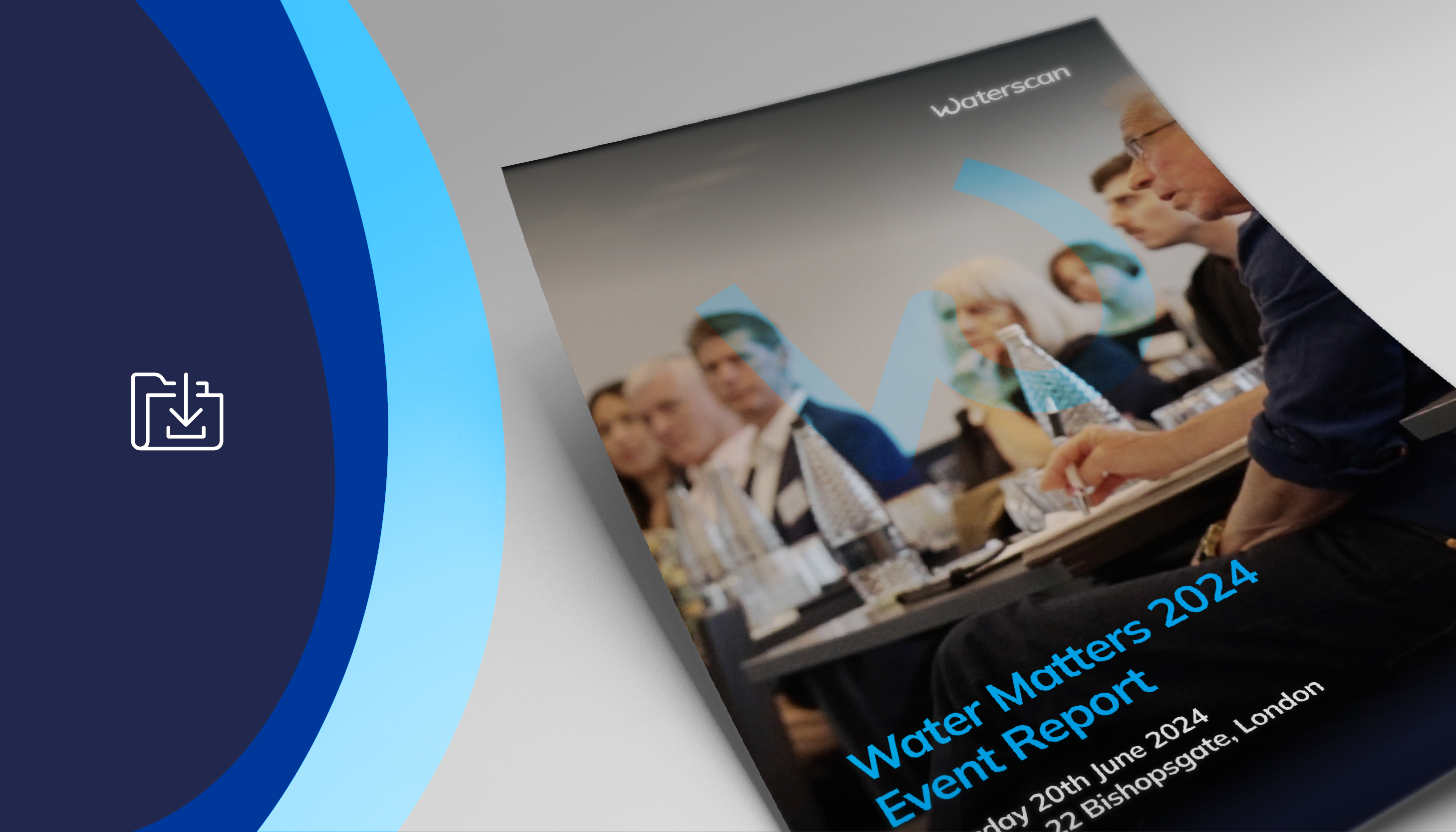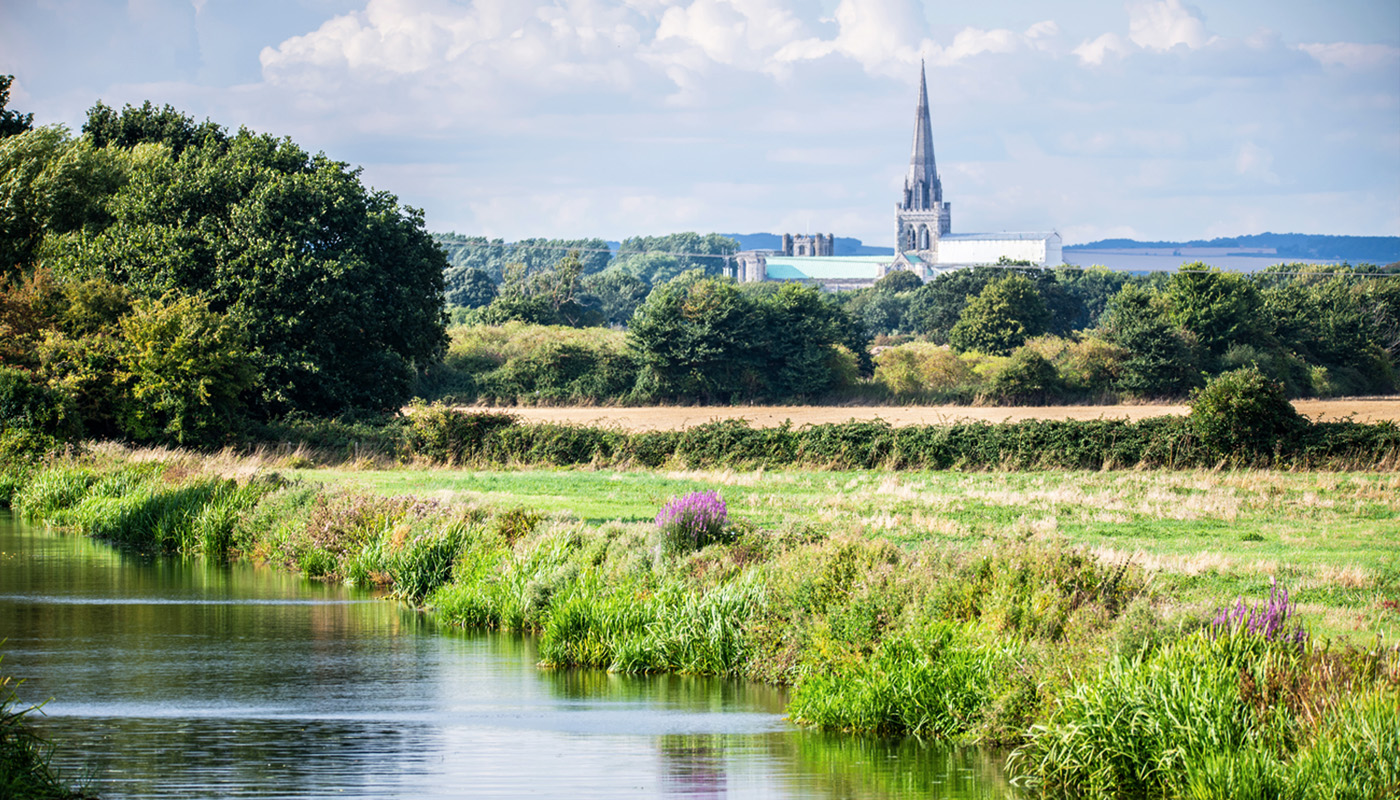Waterscan is delighted to have signed the UK’s first Catchment Management Declaration.
Developed by the University of Cambridge Institute for Sustainability Leadership, the Catchment Management Declaration is regarded by many as the potential to be a watershed moment in transforming sustainable water management across Britain.
The Catchment Management Declaration is a collaborative initiative which brings together businesses from across sectors with stakeholders from UK governments and NGOs to tackle the collective challenge of water stresses through catchment management. It aims to positively respond to the 25 Year Environment Plan; to create connections between existing initiatives; and to create real practical actions.
Waterscan’s Managing Director, Neil Pendle, said: “We’re delighted to be involved in the Catchment Management Declaration. It is an important step in bringing about a joined-up approach to optimising water management and resolving some of the issues that we as a nation face. In this, it builds on much of the work that we have done to date in terms of supporting our customers in their water sustainability journeys and enhancing their operational resilience through innovative and effective water management strategies.”
The Catchment Management Declaration reinforces the fact that water is a shared resource, critical to the success of many sectors, the health of the environment, and our quality of life. It is also fundamental to all businesses: whether to heat, cool, as an ingredient or to clean, water impacts business continuity and the bottom line. However, there is often too much or too little water, resulting in water pressures.
Resolving these pressures is beyond the reach of any single sector or organisation and a broader catchment-based approach is needed. A well-managed catchment not only enables a more efficient water supply but it also supports other stakeholders to undertake their activities in a way that protects this precious resource and enables local communities to enjoy clean waterways and the wildlife these provide.
However, every catchment is different. There is no one size fits all solution and this is why change cannot be achieved by a few regulatory tweaks, nor can any single sector or any government agency working in isolation, deliver it. Catchment solutions must be multi-sector and highly interconnected; there is a need to get joined up local-level action to deliver innovative, sustainable solutions and bring about behaviour change.
Key facts:
- Water crises have been among the top five global risks in each of the last seven years according to the World Economic Forum (WEF).
- One in three pressures on England’s rivers are attributed to the agricultural sector, primarily the production of food and drink.
- Large amounts of water are wasted by households, where average use is 140 litres per person a day.
- Urban and transport also place large pressures upon water resources.
- Pollution from waste water from a number of industries causes issues for catchments.
- Two of the top six areas requiring more action in the UK’s Climate Change RISK Assessment relate to water scarcity and impacts on natural capital – both of which can be supported through wider delivery of catchment management solutions.
- Soil compaction increases rainfall run-off, while sediment in rivers decreases their capacity to carry water and blocks culverts, this contributes to flooding costs in the UK of £2.2 billion a year.
- Only 14 percent of water bodies achieve ‘Good’ status as defined by the EU Water Framework Directive (WDF).




